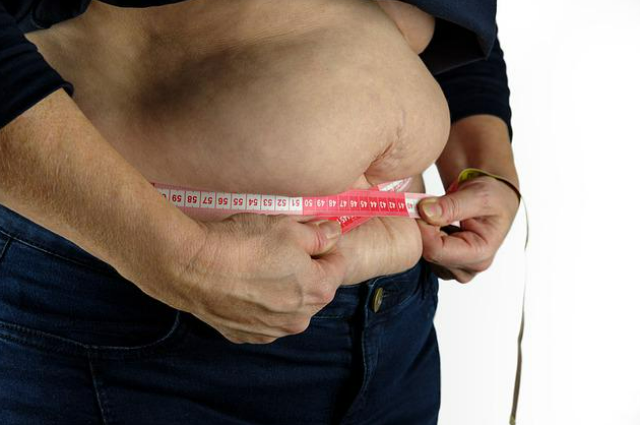
Image by Bruno /Germany from Pixabay
We try to lose weight with our strict diet and exercise plan but we find it’s getting difficult to shed those extra kilos. The stubborn fat is harder to lose as our hormones are imbalanced. The fact is weight gain is directly related to hormonal imbalance. To maintain a weight that’s healthy for our unique bodily makeup, a delicate balance of hormones is required. When we understand the relationship between hormones and weight gain, we can take the proper steps to balance these hormones and lose weight in a sustainable, healthy way.
1. INSULIN:
For weight loss or weight gain, insulin is considered to be the most important hormone. Insulin is produced by the pancreas and its most important function is storing blood sugar or utilizing it and fat storage. Its up level may lead to weight gain and then eventually type 2 Diabetes.
Balance insulin levels
All we need to stop overeating. When we eat too much sugar, too much fast food, and too many processed carbohydrates, the insulin goes haywire. These elevated insulin levels lead to weight gain and low-grade inflammation.
A 2010 study published in the journal Diabetes found that even eating too much of these foods in the short term leads to insulin resistance and weight gain.
Need to restrict carbohydrates in your diet. A low-carb diet prevents metabolic syndrome and the insulin resistance that causes it. Other findings show drinking green tea, consuming omega-3 fatty acids from fatty fish, and eating adequate amounts of protein all help balance insulin levels.
2. LEPTIN:
Leptin is the hormone that talks to our brain, telling if it is hungry or full. Leptin is an appetite suppressant hormone.
After eating a well-rounded meal, you feel stay full and this shows that your login is in a balanced state. But when your body becomes protein resistant, your leptin. The level becomes too high you indulge in overeating causing making you hungry in shorter intervals of time.
Eating trans fats and processed foods eventually leads to Leptin resistance. Sugar is the main factor in increasing your leptin level, so to keep it in check, you need to have less sugar.
Supplementing with fish oils, Exercise, and Sleep properly.
3. GHRELIN:
When your stomach becomes empty it releases ghrelin into bloodstream. It’s lowest after eating full meal and highest when stomach is empty. Like leptin, Ghrelin is also a hunger hormone. This is considered normal when a person is healthy and has a normal weight.
In healthy individuals, ghrelin levels decrease in a way that satiates them and signals their brains to stop eating. But in obese individuals, ghrelin levels don’t decrease enough after eating, which fails to send the brain the signal it needs to stop eating and feel satisfied.
To balance ghrelin, we need to eat an adequate amount of protein and avoid sugar as much as possible.
4. CORTISOL:
A stress hormone we commonly refer to as cortisol is released when your body is under stress in the bloodstream. Heightened cortisol levels tend to cause weight gain and belly fat. A study published in the journal Psychoneuroendocrinology found that higher than normal cortisol levels were linked to overeating and weight gain.
To balance cortisol level
Walk and Meditation
Exercise Regularly
Listen to Music
Enough sleep at night
Find whatever relaxes you and engage it into daily routine.
5. ESTROGEN:
Estrogen is the most important hormone of female reproductive system. It promotes the storage of fats for healthy reproductive period. But when there is too little or too much estrogen weight gain often results.
To balance estrogen naturally and to prevent gain due to estrogen imbalance. Women need to:
Have regular exercise routine.
Eat fibrous food.
Eat vegetable s of cruciferous family like cabbage, broccoli, cauliflower, sprouts, etc. Anything which are green and leafy are good.
Avoid plastic containers, water bottle made up of plastics, cans.
